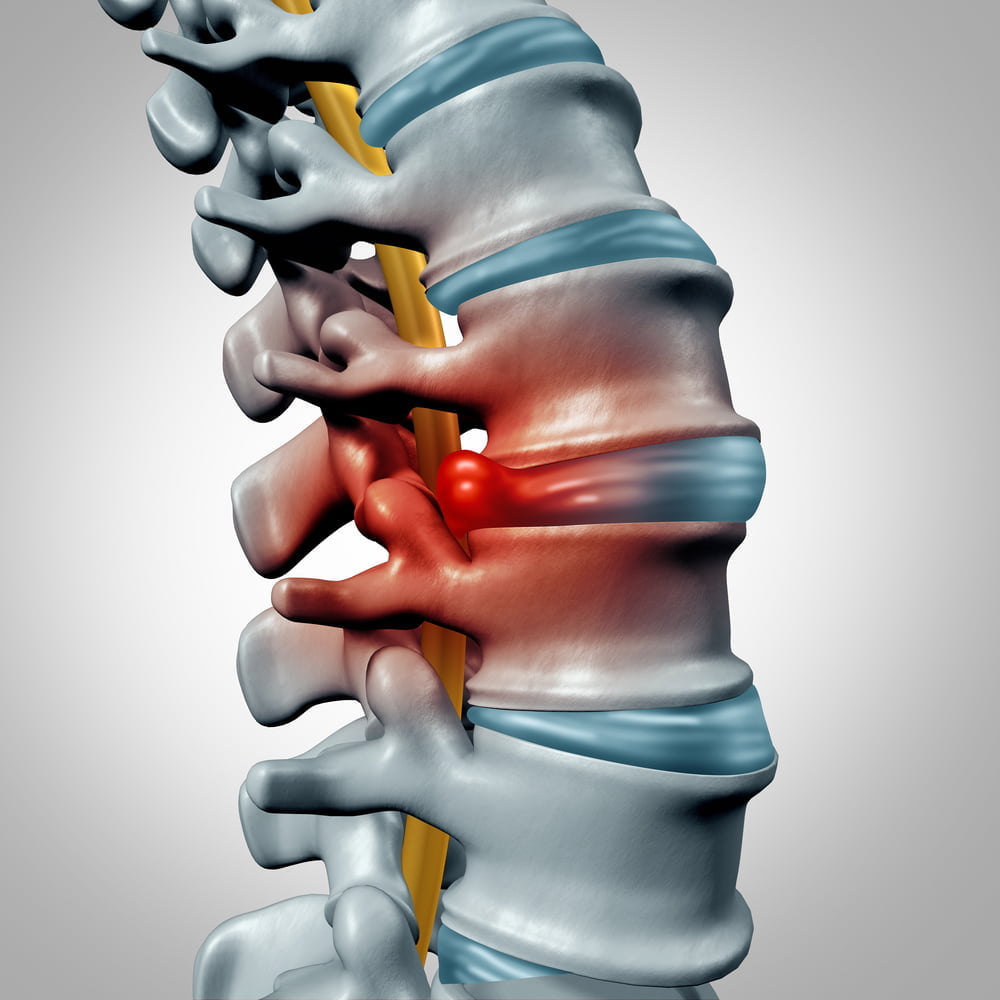
The human body often performs forward bending, extension, and rotation movements. At the same time, the spine is under pressure from the upper body for a long time, which causes the lumbar intervertebral disc to gradually wear and degenerate. When encountering improper external forces, such as sudden weight bearing, sneezing, and forced defecation, the intervertebral disc is damaged. , The annulus fibrosus is ruptured, and the nucleus pulposus protrudes from the rupture. Lumbar disc herniation is degeneration, which is inevitable for everyone, and it will appear after the human body grows up to 30 years old.
When the lumbar intervertebral disc is herniated, if the protrusion does not compress the nerve root or spinal cord, the patient will generally not have symptoms. If the protruding nucleus pulposus compresses the nerve root or spinal cord, a series of clinical symptoms will occur, that is, lumbar intervertebral disc herniation.
So the difference between these two concepts is: whether there is oppression and whether there are symptoms.
When a herniated lumbar intervertebral disc compresses the nerve root or spinal cord, the following symptoms can occur.
1. Lower back pain
Pain is mainly manifested in the lower waist and lumbosacral area, mainly persistent dull pain. The pain can be aggravated after standing for a long time, and can be relieved when lying down.
2. Radiation pain in lower limbs
Mainly radiating pain in the buttocks, the back of the thighs and the outside of the calves, the heel, and the back of the foot.
3. Numbness or paresthesia in lower limbs
Numbness of the lower limbs, sometimes paresthesias, manifested as cold limbs, especially at the end.
4. Intermittent claudication
As the walking distance increases, symptoms of waist and leg discomfort and limp appear, which can be relieved after sitting or lying down for a period of time.
5. Cauda equina symptoms
Central-type lumbar disc herniation can compress the cauda equina nerve when the herniation is large. The patient will experience perineal numbness, dysfunction of urine and urine, and men may also have symptoms of impotence.